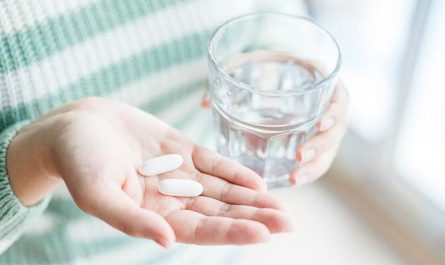What are Biologics?
Biologics, also known as biological medicinal products, are medicines made from living organisms or contain components of living organisms. They are generally large, complex molecules that are sensitive to heat and pH. Biologics are isolated from living sources—human, animal, microorganism cultures and some are produced through biotechnology in living systems. Biologics include vaccines, blood and blood components, allergenics, somatic cells, gene therapy, tissues, and recombinant therapeutic proteins.
Production of Biologics
Biologics cannot simply be purely synthesized from raw chemical materials- they must be expressed, secreted or extracted from biological sources such as bacteria, yeast, animal cells, transgenic animals or plants. These living systems are manipulated to generate the biologic product. In some cases, tissues or organs are harvested from humans or animals to obtain biologic products. Biologics production requires carefully controlled living biosystems which produce consistent molecular structures through highly controlled manufacturing processes. The production strategies range from fermentation of bacterial or yeast cultures to more advanced mammalian cell culture technologies. Ensuring batch-to-batch consistency is more challenging for biologics compared to traditional small molecule drugs due to the complex nature of biological manufacturing.
Classes of Biologics
Some major classes of Biologics currently used for treatment include monoclonal antibodies, vaccines, cytokines, blood factors, antibodies and enzymes. Monoclonal antibodies are Y-shaped proteins that bind to substances in the body like viruses, bacteria, or cancer cells. They are being used to treat conditions ranging from cancer to arthritis. Vaccines strengthen the body’s natural defenses by resembling disease-causing microorganisms and helping the immune system recognize and destroy them. Cytokines are signaling molecules important for cell communication and are being developed to treat cancer and autoimmune conditions. Blood factors are purified proteins derived from human blood plasma to replace missing or deficient factors in specific clotting disorders. Enzymes are biocatalysts that facilitate chemical reactions in the body and are being utilized to treat rare genetic disorders.
Contribution to Healthcare
Biologics have revolutionized the treatment of many complex diseases over the past few decades. Several critical areas where have made major contributions include cancer, diabetes, autoimmune diseases, cardiovascular diseases, infectious diseases, respiratory diseases and neurological disorders. As understanding of disease biology grows at molecular level due to advancements in genomics and proteomics, more biologics are being developed which target specific disease mechanisms. Biologics enable new therapeutic strategies beyond conventional small molecule-based drugs by allowing biological pathways and molecular targets to be modulated with high selectivity and precision compared to traditional medicines. They extend treatment options significantly in difficult-to-treat disease areas which were previously not adequately addressed by existing treatment paradigms.
Challenges of Developing Biologics
Despite their outstanding therapeutic value, biologics present more complex scientific and manufacturing challenges compared to traditional small molecule drugs. Unlike chemical compounds which can be readily characterized and manufactured through chemical synthesis, biologics are large, complex molecules produced from and acting within living systems. Ensuring batch-to-batch reproducibility and consistent quality during production at large scale is a bigger challenge. Even minor changes during manufacturing can potentially alter the three dimensional structure and properties of biologics compared to small changes with chemically-synthesized drugs. Development and regulatory approval cycles for biologics also tend to be longer and costlier than traditional drugs due to complex preclinical testing requirements and need for extensive clinical evaluation of safety, efficacy and manufacture consistency. Immunogenicity is a unique concern for biologic products, where the treatment molecule can potentially elicit an unwanted immune response in some patients. Sustainability of treatment effect over long term usage periods also requires ongoing evaluation and management. However, advancements in bioprocessing, analytical technologies and enhanced understanding of immunogenicity risk factors are enabling more efficacious and robust biologics to be developed.
*Note:
1. Source: Coherent Market Insights, Public sources, Desk research
2. We have leveraged AI tools to mine information and compile it




